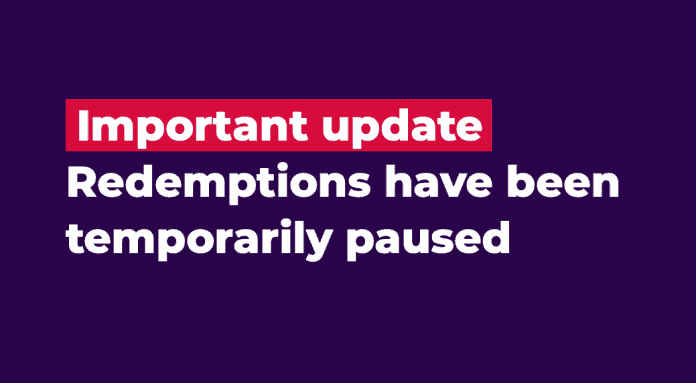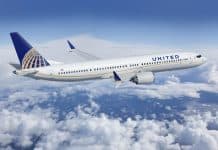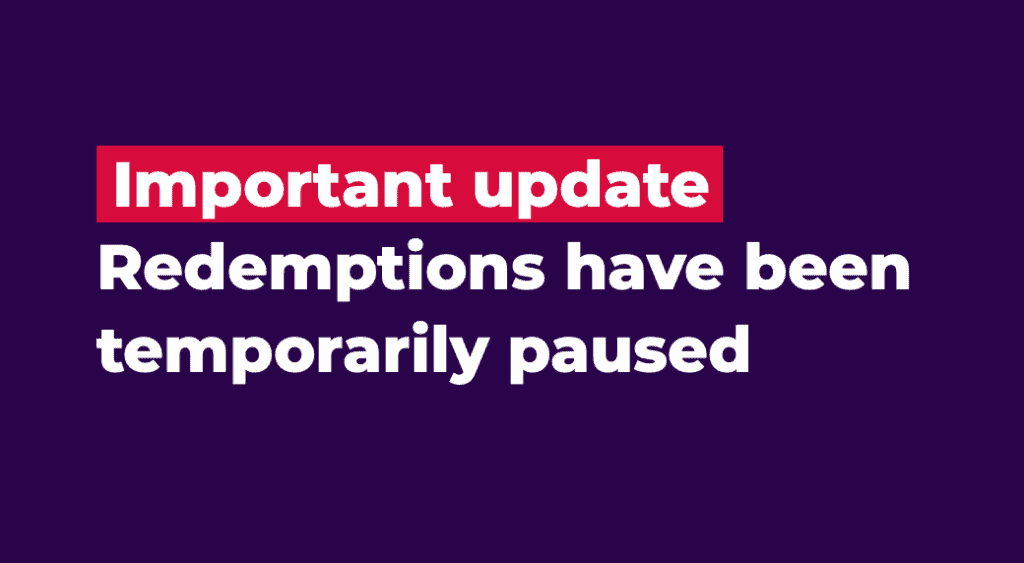
Earlier today, I wrote about the problems facing Virgin Atlantic and Virgin Australia, the latter of which is already in bankruptcy protection (voluntary administration).
Now, Loyalty Lobby reports that Virgin Australia’s Velocity program has paused all redemptions.
In this article
Virgin Australia Velocity Pauses Redemptions
- Your Points aren’t going anywhere. They will remain in your account.
- Your existing Points will not expire through this period. We will be extending the expiration period for your existing Points by the timeframe of the pause.
- You can continue to earn Points with our partners, although you won’t be able to redeem them during the pause.
- These changes take effect immediately. Although the initial timeframe for this restriction is four weeks, this period may be extended. We will come back to you with an update as soon as we can.
Not great news.
For now you can still earn miles with partners, but I don’t know why you would when it’s possible you’ll never cash out.
When was the last Frequent Flyer that Failed?
You may recall that Air Berlin’s Topbonus became worthless when that airline went bankrupt and wasn’t bailed out. While it’s very rare for a major airline to not get acquired along with i’s frequent flyer program, Topbonus was a reminder that it can and does happen. It closed up shop in October of 2017.
Just last year we saw WOW Air, Thomas Cook, and Jet Airways go belly up. Thai Airways was at risk lat last year and is surely in worse shape now. The Jet Airways program was a Citi ThankYou partner but offered no compelling redemptions.
What airlines could be next to go bankrupt?
South African Airways is most likely next. They have been in bankruptcy since December and seems unlikely to survive COVID-19.
In March, Bloomberg published a list of the airlines it thinks are most likely to face bankruptcy issues ahead.
Pakistan International Airlines topped the list. Two that were in much better shape but well below the marker used to make the list were Asiana and Avianca – two popular programs often used by MilesTalkers that are savvy with airline miles but don’t actually fly the airlines often.
It’s not a big surprise that Avianca, whose Lifemiles program is a very popular transfer partner of the credit card currencies and with frequent transfer bonuses and no surcharges on award tickets (i.e. Lufthansa First with no tacked on “fuel” surcharges for 87,000 miles), is on the list and, while it’s #10, it’s a good reminder to avoid actually buying Lifemiles. I can live with losing some miles speculatively transferred during a transfer bonus, but I wouldn’t be paying out of pocket.
Personally, I have large chunks of miles sitting with Avianca Lifemiles, Virgin Atlantic’s Flying Club, and Cathay Pacific’s AsiaMiles (the last of which is not on the list but certainly having financial difficulties). Most of these are from cancelled trips, though some are from tempting transfer bonuses. I sure hope I don’t lose any, but worst case they came from bank points and not outright purchases. You may note that in the history of MilesTalk, I can’t recall ever advising anyone to buy miles unless it was for an immediate redemption.
I’ll note that Virgin Australia was #7 on the list but Virgin Atlantic, where you are much more likely to have a store of miles, is not on the list. No US airlines were on the list.
Thoughts?
Let me know here, on Twitter, or in the private MilesTalk Facebook group.
You can find credit cards that best match your spending habits and bonus categories at Your Best Credit Cards.
New to all of this? The MilesTalk “introduction to miles and points” book, MilesTalk: Live Your Wildest Travel Dreams Using Miles and Points is available on Amazon and at major booksellers.















